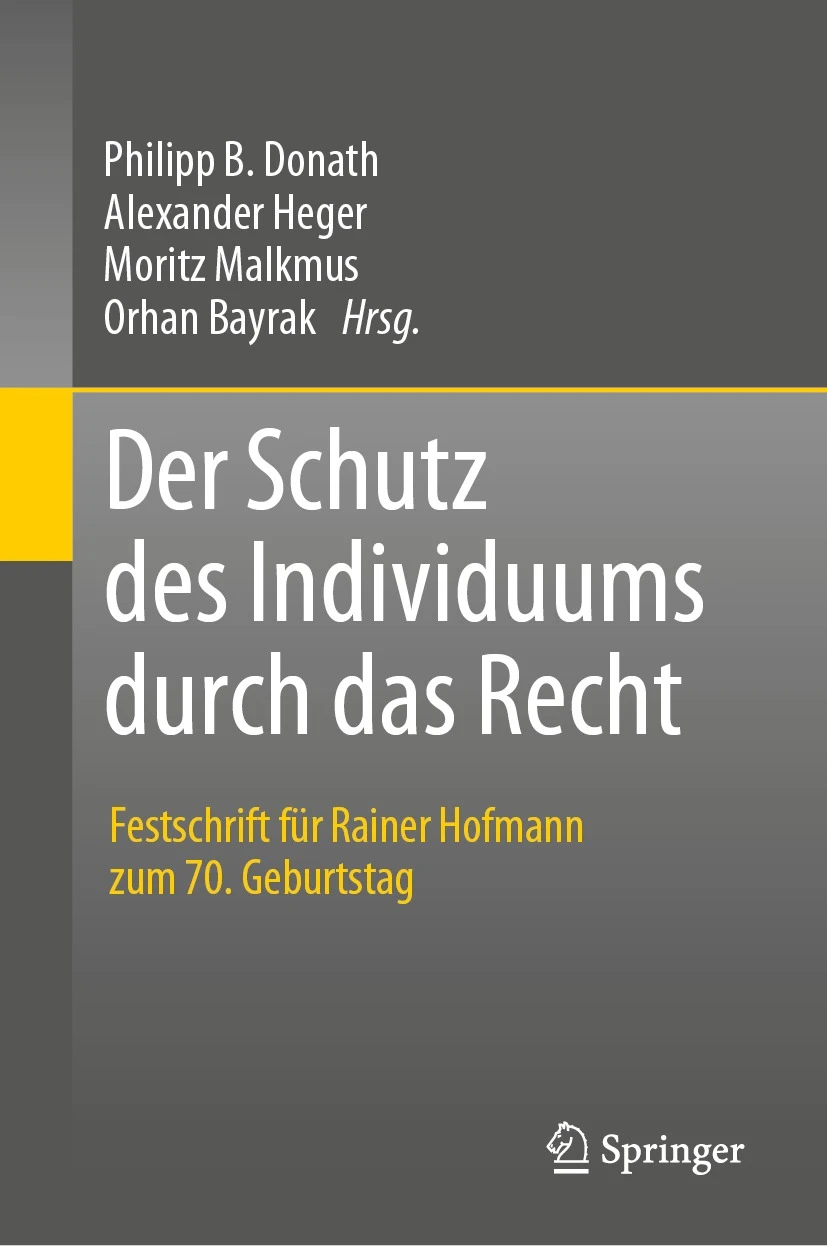Constitutional jurisdiction in European society
About the article:
‘As long as’ is probably the most important formula for aligning the interaction of the courts in European integration. It originates from the Second Senate of the Federal Constitutional Court. In 1974, in the Solange I decision, it stated that Article 24(1) of the Basic Law, the authoritative basis for German integration at the time, did not authorize “changing the basic structure of the constitution on which its identity is based […] without amending the constitution”, and that an amendment to the treaty “which would abolish the identity of the current constitution of the Federal Republic of Germany by breaking into its constituent structures” would fail under Article 24 of the Basic Law. This doctrine initially appeared to be an instrument of national resistance. Over the next few decades, however, it mutated into an almost iconic doctrine of cooperative constitutional pluralism, while preserving the reservation of identity. This is largely thanks to the Second Senate’s Solange II decision of October 22, 1986, which was open to Europe. The rapporteur is Helmut Steinberger with input from Rainer Hofmann. This article examines the role of this formula in European society.
About the commemorative publication:
In this commemorative publication for Prof. Dr. Dr. Rainer Hofmann on the occasion of his 70th birthday, colleagues and students of many years’ standing pay tribute to the many and comprehensive activities of the jubilarian in various areas of law, which are characterized by a special focus on the protection of the individual through the law. The contributors from academia and practice deal with selected topics from Rainer Hofmann’s central fields of work, in which he has decisively shaped the development of law through his remarkable research and influential work on national and international committees.
Against this background, this commemorative publication deals with the following areas of law, among others: General international law, human rights and the protection of minorities, international humanitarian law, international economic law, including investment protection, European law and constitutional law.


